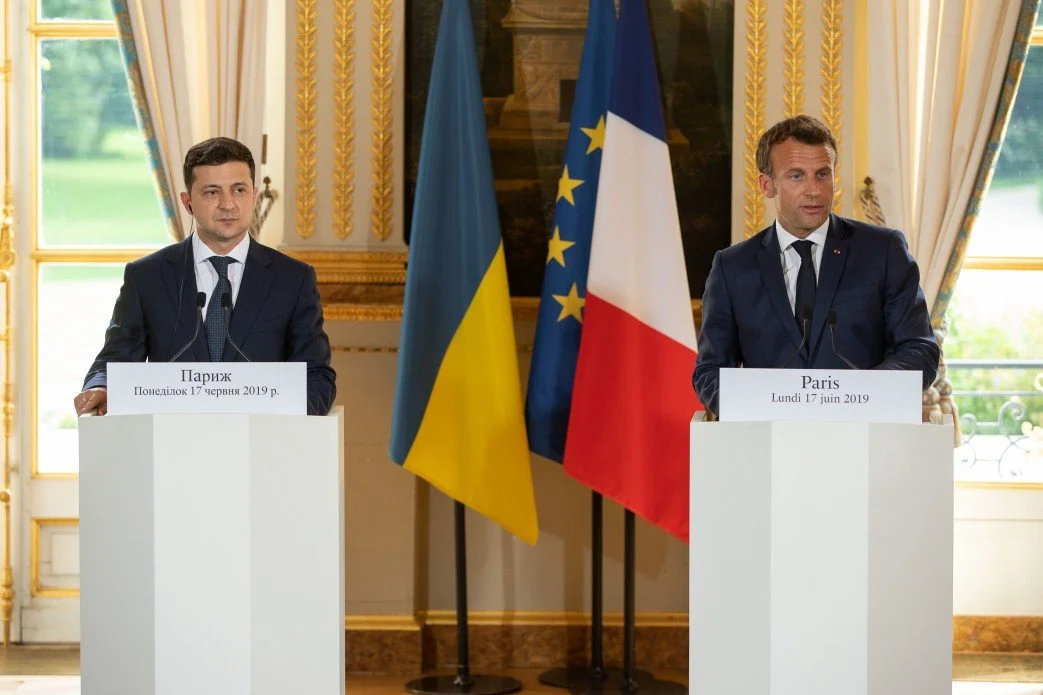Conflicting Accounts from Russian and French Media Leave Uncertainty Towards Potential French Deployment
French President Emmanuel Macron denied the existence of firm plans to send troops to Ukraine, but declined to rule out the possibility (Wikimedia Commons).
Speaking on Russian state media on March 19, the Director of Russian Foreign Intelligence Service, Sergey Naryshkin, claimed France has drawn up plans to send 2,000 French servicemen to fight in Ukraine. The French Ministry of Armed Forces denied the claim later the same day, accusing Naryshkin of wilfully spreading disinformation. Additionally, they identified the move as the latest in a long string of disinformation campaigns backed by the Russian state.
The situation began earlier this month on March 7, when Macron reportedly met with a number of party leaders from the French Parliament to discuss the Ukraine War. He floated the possibility of directly intervening in Ukraine, also reportedly showing a map of where potential deployments could take place, most likely around Odesa or Kyiv. Opposition leaders at the meeting “arrived worried and left more worried” by the time it was over, in the words of Manuel Bompard of the left-wing France Together (LFI) party.
It wasn’t the first time the French president had raised alarm bells over his rhetoric on the war. On February 26, Macron stated “currently, there is no consensus on sending troops. But in this matter, nothing should be ruled out in the future.” Shortly, he followed the statement saying he was prepared “to do everything possible to prevent Russia from winning this war.” While Macron never stated a concrete plan to deploy the French Armed Forces into the conflict, his statements were enough to frighten his European allies and Russia.
Then, on March 19, a French General wrote a column describing the need for the French Armed Forces to expand its operations and operate more closely with its allies, an argument which seems to have attracted the attention of the Russian government. Later the same day, Naryshkin claimed to have “information” revealing France had assembled actionable plans to send its military into Ukraine, speaking on Russian state media. He did not share what this “information” is. Several hours after that, the French Armed Forces responded on Twitter, accusing Russia of intentional disinformation, in which they have a history of engaging.
It remains unclear whether France retains concrete plans to involve itself directly in Ukraine. If French troops were sent to the warzone and Russia attacked them, it would not trigger NATO’s Article 5 — the treaty’s collective security provision — since the attack happened outside NATO territory. Nevertheless, a foreign military’s direct deployment into the war-torn country would signal a significant escalation.

